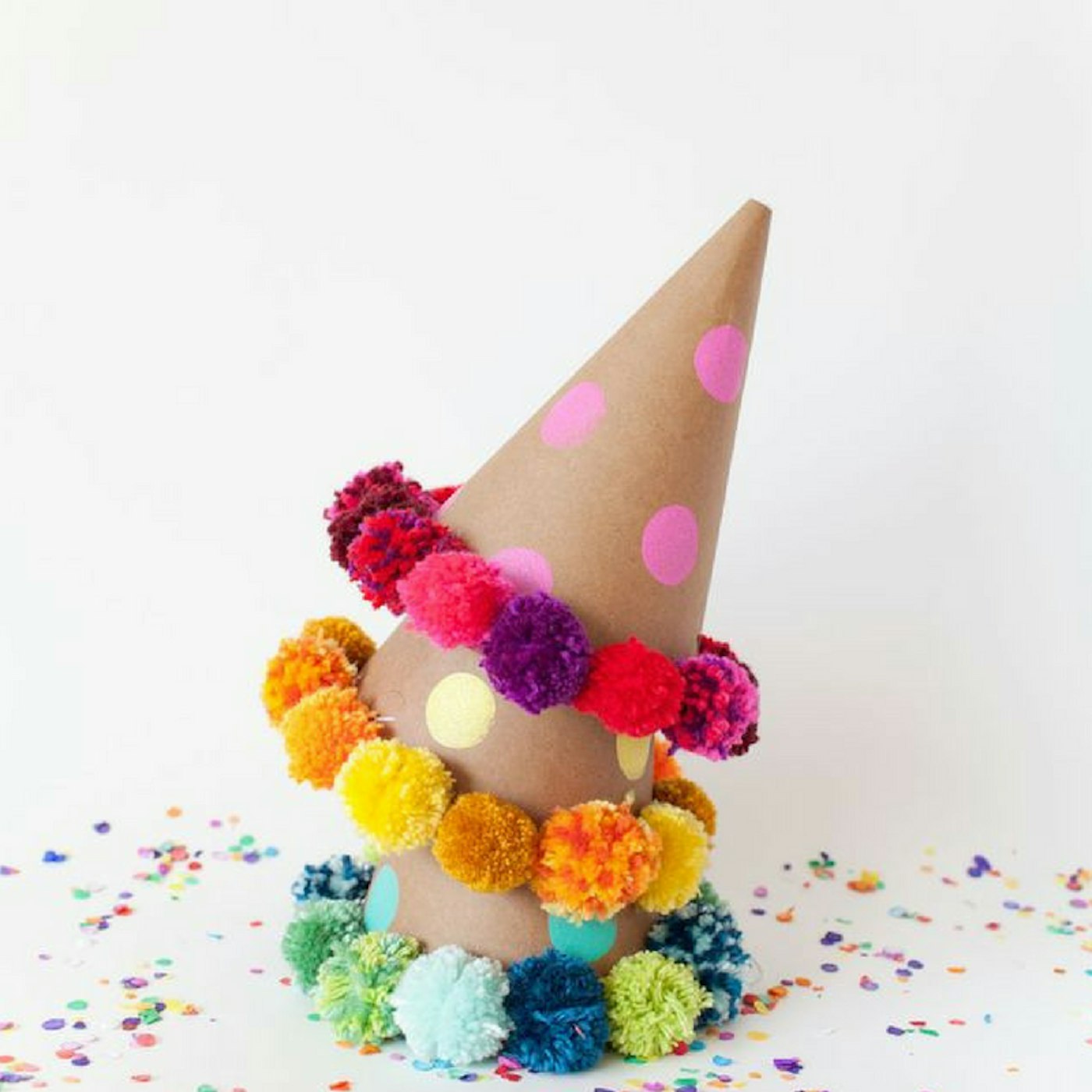
I never could understand what Eid Ul Adha had to do with anything apart from some random packets of meat appearing at the front door.
The pattern went: Eid prayers, Eid food, relatives in and out and then back to watching TV and the comfort of everyday clothes. And of course the overseas phone calls to say ‘Eid Mubarak’ to the succession of senior relatives; an art form back in the day of stationary landlines, where you had to balance being loud and quick with a respectful tone. Done – over for another year.
That was then – as a teen who didn’t want too much disruption to watching ‘the box’ or recording the top 40 charts, back in the day. Some light was shed on the celebration, when I learnt about the story of Prophet Ibrahim (peace be upon him) and the command to sacrifice his son. So that’s it, I thought, it’s about sacrifice. As teens tend to – I thought I’d understood it all. Except as time went on, the questions around this Eid would resurface; what’s it for? what’s the point? If we’re not going on hajj, how is the timing of sacrifice and Eid relevant? The questions lived on in a corner of my mind, as questions do – uninvited guests with no sign of leaving.
By some miracle, and mercy from Our Sustainer, year upon year the significance of Eid Ul Adha began to take shape on the path of learning; lectures, books, conversations, an article here and there. Slowly the fragments came together and I began to understand that whether you are a pilgrim setting off on hajj or not, as a believer, there was an opportunity, a journey we are all invited on to reach Eid Ul Adha. And that’s when it started to make sense.
It is a journey of our hearts. No clichés intended, but really, it always is about the inside, isn’t it? Several reflections lined the way and of these, I share a few that brought the shift in perspective for me.
Getting to know ‘Khalilullah’ – The friend of Allah:
Connecting back to Prophet Ibrahim (peace be upon him) and his values was the first major road sign; from the resolute youth to the patient, trusting elderly Prophet. Understanding the willingness to sacrifice was a process too, ultimately realising that nothing and no one beyond our own soul and actions, belongs to us. We are given trusts and responsibilities for a period of time only. Travelling to Eid Ul Adha calls for an internal stock-check; asking ourselves what we hold dear? what we prioritise in life and why?; what are we willing to sacrifice? This was a start.
Reflecting on hands and heart of a Hajrah:
This noble woman – may Allah be pleased with her – is a key figure, during these ten days and beyond. Her courage, her reliance on Allah, her success in raising her son single-handedly, her astuteness in safe-guarding the well of zam zam with her own hands, speak volumes to us. Just as every pilgrim re-enacts her struggle, as they walk and run in her footsteps between the mounds of Safa and Marwa; we can take heed from her story in myriad ways. Her heart and her faith.
Dua, fasting and Arafah:
Again it took time to appreciate the true significance of this day, which came to the fore when I was actually on hajj, experiencing it. Back at home, we can make the most of this opportunity for dua, the pinnacle of connection to Allah (swt). The sunnah to fast on this day in particular (and the whole nine, if possible), focuses the non-pilgrim purely on our spiritual sustenance. So, we need to make those lists, find the duas that speak for our soul and take them on our internal trip.
Weighing our baggage:
As you progress through hajj, you move further and further away from your comfort zones and possessions. At one point, in a place called Muzdalifah, ‘home’ becomes the sky above, your light, the stars and a mattress beneath you. A tiny bag of bare essentials and that’s it. This is decluttering physically. Likewise, we can travel light internally for these ten days: shedding our baggage in the head and heart. These ‘best days for good deeds’, is a mechanism to replace negativity with what’s positive; doing things for others. This voyage then becomes a communal one – we’re not alone.
When we arrive on the 10th of this month, our internal journeys reach a destination, a place to celebrate and rightly too – we’ve just travelled a great distance.
May He accept it from us.
Suma Din
Suma Din is an author, freelance researcher and educator. Her work encompasses working with parents in Adult Education and working with Muslim women and girls in community-focused education programmes. As a non-fiction author, her titles for children support humanities subjects and for adults she writes on motherhood, women and spirituality.